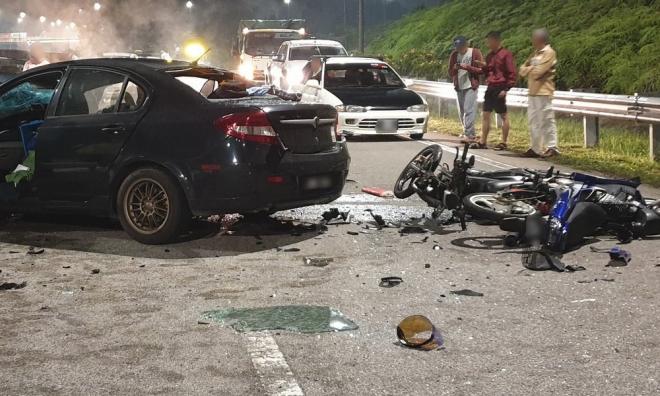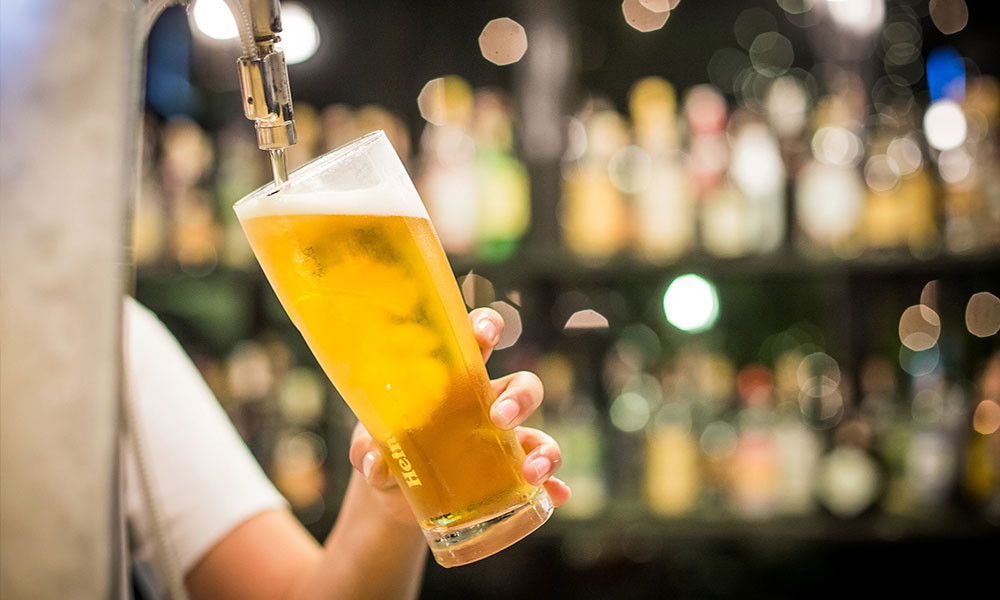
Prominent news coverage and social media outrage over fatal accidents involving driving under the influence (DUI) of alcohol has prompted the Malaysian government to mull enhancing punitive measures to deal with the problem.
One idea is to amend Section 41 of the Road Transport Act to quintuple the maximum fine for causing death due to reckless driving to RM100,000 and double the maximum jail time to 20 years.
While countries with low DUI and DUI-related fatality rates also usually have harsh penalties against offenders, they usually come hand-in-hand with a number of other regulations on alcohol.
These include limits on when alcohol can be sold or promoted, restrictions on where alcohol can be consumed and higher taxes on alcoholic products.
In this article, Malaysiakini will examine how the governments of the Netherlands, California (US) and New Zealand adopt policies and rules to deal with alcohol abuse in comparison with Malaysia.
BAC threshold
To begin with, it is worth noting that Malaysia has the higher per capita road fatalities compared to the other three jurisdictions at 23.6 fatalities per 100,000 citizens, according to World Health Organisation's (WHO) estimates.

Conversely, Malaysia has the lowest likelihood of drunk driving-related fatalities compared to the other three. In 2018, DUI related fatalities amounted to 54 out of 5,870 of the total fatalities, or 0.92 percent.
Based on publicly available information, 2015 saw between 12 percent to 22.5 percent of 621 total road fatalities in the Netherlands related to DUI.
In 2017, 31 percent out of 3,602 motor accident fatalities in California were related to DUI while in 2016, 27 percent of 328 total motor accident fatalities in New Zealand were related to DUI.
One possible explanation for this is that Malaysian law enforcement observes a higher threshold for blood alcohol concentration (BAC) - 0.08 percent - which would mean some DUI-related accidents are not classified as such.
WHO recommends a 0.05 percent BAC limit, which is used by both the Netherlands and New Zealand.
The US has a federal limit of 0.08 percent, which the Californian government adheres to. However, there are some states in the US which have a lower limit.
Sale restrictions
The Netherlands, the state of California and New Zealand appear to enforce a more robust set of restrictions on when alcohol can be sold or promoted.
Malaysia currently allows the sale of alcohol to only those above 21. This limit was increased from 18 in 2017. The promotion of alcoholic products are not allowed on television and radio but do appear in newspapers.
Apart from that, Malaysia's alcohol restrictions are pretty laissez-faire, available 24 hours a day from some convenience shops.
New Zealand limits when alcohol can be sold. Nightclubs and restaurants are allowed to sell alcohol between 8am and 4am the next day while stores can only sell between 7am and 11pm.
On top of that, New Zealand also banned the sale of most alcohol on holidays such as Christmas, Good Friday and Easter Sunday.
In California, alcohol can only be sold between 6am and 2am the next day.
California has also made it illegal to drink alcohol in a car, possess, store or keep an open container of alcohol in a car, except if it was kept in the trunk.
Such laws are commonly referred to as open container laws.
The Netherlands has laws which bar broadcasters from airing alcohol commercials between 6am and 9pm. - Mkini


No comments:
Post a Comment
Note: Only a member of this blog may post a comment.